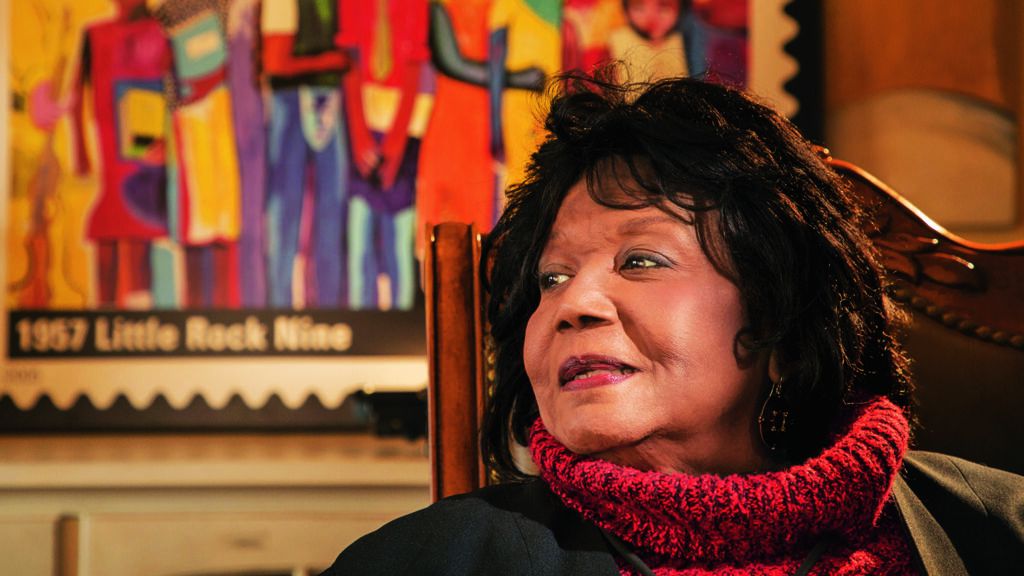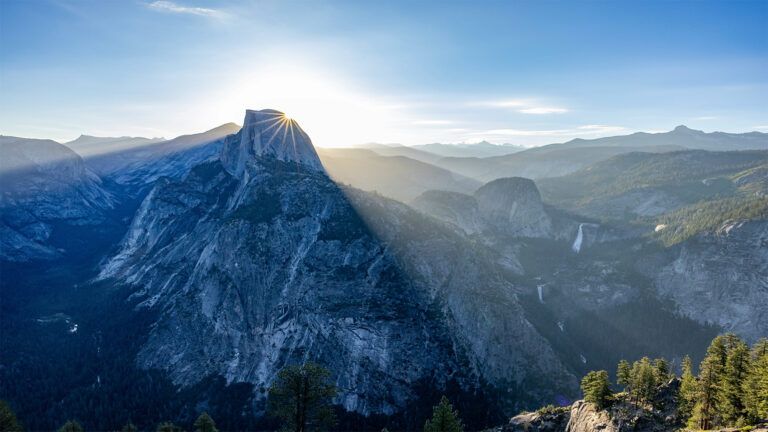As Black History Month is upon us, I started thinking about Warriors Don’t Cry by Melba Pattillo Beals. It’s a searing memoir written in 2007 about being one of nine teenagers who integrated Little Rock’s Central High in 1957.
The Civil Rights Movement was underway, and the brave group of students became known as the Little Rock Nine. Melba was only 15 when she volunteered to be one of the first African-American students to attend the previously all-white school. Her courage and faith to face racism—embodied and expressed by those clinging to segregation—continues to be inspiring and spiritually powerful.
Melba had to face a hateful and violent crowd that day. What kept her going? Her faith, she said, passed down by her grandmother and mother. Her grandmother had always assured her that God was with her, as close as her skin. So Melba believed that He would take care of her because she was doing the right thing. She prayed, asking for courage, strength and endurance.
Even though I read the book years ago, I still find myself thinking about how she and the other students were willing to endure hardship to stand up for what was true and just. With a resilient spirit, Melba was willing to use her voice and place herself in danger to help bring about needed change. Though a girl, but she was a giant of faith and an agent for justice.
A few years after reading her account, I was in Little Rock on a business trip for Guideposts and decided to visit The Central High Museum and Visitor’s Center across the street from the school. As I walked through the museum, Melba’s story came alive through the photos on display. The images showed the intensity and deep emotions of a crowd resisting integration and the bravery of the African-American students.
One photo especially stood out. Elizabeth Eckford, another of the Little Rock Nine, is walking to school, her eyes shielded by sunglasses. She is surrounded by a hateful mob—mouths open wide in fury, faces filled with anger. What courage and faith it took for the 15-year-old to endure that.
Many of us have been inspired over the years by the bravery of those students and others. But we also have to remember the long-lasting emotional and psychological impact that hate, injustice and bigotry have on people. Many of the Little Rock Nine continue to work through the trauma they experienced in such a hostile environment that wished them ill. Injustice, racism and oppression take a spiritual and emotional toll.
As people of faith, we must pray for justice. We must ask God to be with those suffering from discrimination. But our prayers must be accompanied by action. We need to find the courage and faith in ourselves to act spiritually and in concrete ways to help and welcome the outcast, the poor and the marginalized. We must contribute to changing systems of oppression that, in the end, hurt us all.
We must proclaim in word and deed as did Amos the prophet, “But let justice roll down as waters and righteousness as a mighty stream.” The time is now to pray and be agents of justice for God.







